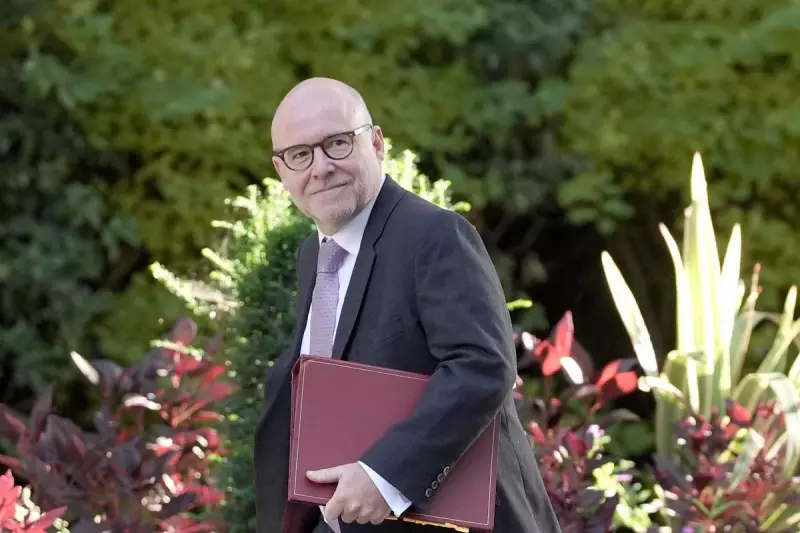
In a controversial move that is set to redefine the relationship between the state and the media, the UK government has announced plans to launch its own television-style broadcast platform. Dubbed the 'Government Channel', this initiative aims to communicate ministerial announcements and policies directly to the public, circumventing traditional journalistic filters.
The revelation came from Attorney General Victoria Prentis during a session at the Society of Editors conference in London. The move has immediately drawn sharp criticism and scepticism from media professionals, who fear it represents a significant step towards state-controlled messaging and undermines the role of an independent press.
A Direct Line to the Public
Ms Prentis positioned the channel as a modern solution for public engagement, suggesting it would allow the government to present its decisions without what it perceives as media distortion. The channel is expected to feature ministerial broadcasts, policy explanations, and coverage of government events, styled similarly to existing news outlets.
The Attorney General argued that the channel would provide unfiltered access to government information, stating the public would appreciate hearing "the unvarnished truth" directly from officials.
Impartiality Concerns and the BBC Question
The announcement has ignited a fierce debate about impartiality. Critics argue that a state-produced news service, funded by taxpayers and controlled by the governing party, inherently lacks the objectivity and critical scrutiny that defines independent journalism.
This development also raises profound questions about the future of the BBC. The creation of a government-run competitor challenges the core mandate of the publicly funded broadcaster, which is legally bound to impartiality. Media analysts suggest this could be a strategic move to create a rival platform that aligns more closely with the current government's messaging.
A Pattern of Tension
This initiative is not an isolated event but appears to be part of a broader pattern of tension between the government and established media institutions. The government's stance on the European Court of Human Rights in Strasbourg was also a topic of discussion, with Ms Prentis affirming the UK's commitment to the institution "for the foreseeable future", despite internal party pressures.
The combined effect of these positions paints a picture of a government seeking to control its narrative more tightly, both domestically and on the international stage.
As the 'Government Channel' moves from concept to reality, it promises to be a major flashpoint in the ongoing debate over press freedom, government transparency, and the very nature of how citizens are informed in a modern democracy.





